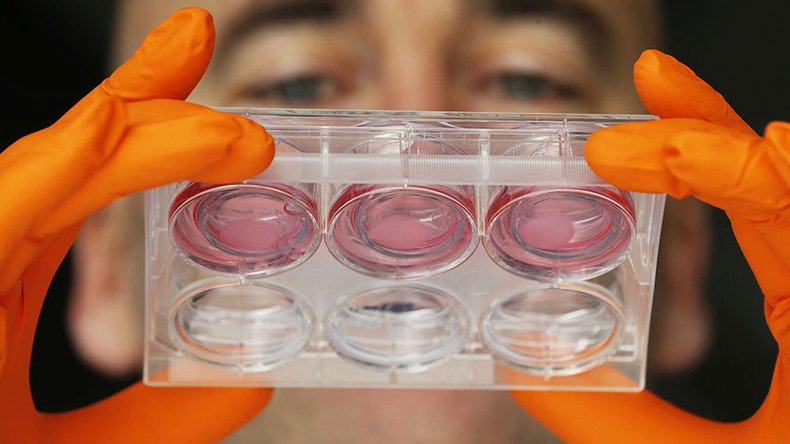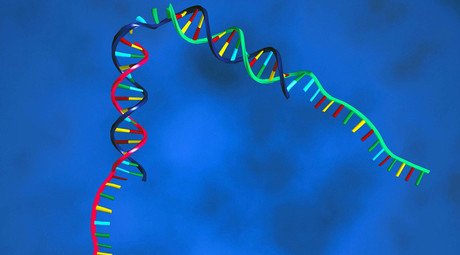Disposing of 'cellular litter' could prolong life by up to 35% - study

Getting rid of cells that no longer divide could be the key to longevity, according to a new study. The research found that disposing of “cellular litter” prolonged the lives of mice by up to 35 percent and made them generally healthier.
Scientists at the Mayo Clinic, based in Minnesota, found that cells which no longer divide inside our bodies, known as senescent cells, are linked to diseases of old age, such as kidney failure and type-2 diabetes.
“What we found is as we are aging, we accumulate more and more of those dead cells,” said Jan van Deursen, chair of biochemistry and molecular biology at the Mayo Clinic and co-author on the study, as quoted by Newsweek.
He added that those cells are not “innocent bystanders.” Instead, they secrete proteins which have a negative impact on surrounding cells and deregulate those cells. They also negatively impact the functioning of organs.
Van Deursen and his team decided to remove those dead cells from the bodies of mice. This was done by genetically modifying normal mice so they would respond to a compound known as AP20187, which was originally developed as an anti-cancer drug.
“Cancer cells are stressed cells that have survived and senescent cells seem to do the same thing,” said van Deursen. In short, this meant that the AP20187 would eliminate senescent cells in mice.
The work involved a thorough knowledge of genetics and physiological testing, but the main goal was simple, according to co-author Darren Baker.
“We think these cells are bad when they accumulate. We remove them and see the consequences,” he said. “That’s how I try to explain it to my kids.”
The procedure increased the life span of the mice by 17 to 35 percent. The drug also delayed the formation of tumors and reduced age-related deterioration of several organs. In addition, the mice looked healthier and had lower levels of inflammation in fat, muscle and kidney tissue. No negative results were reported, according to van Deursen.
He went on to stress that it isn't necessary to remove all of the cellular litter for there to be some therapeutic benefits. He estimated that only about 50 to 78 percent of dead cells need to be removed for the procedure to be effective.
However, the technology for humans isn't quite there. In order for it to work, the drug would have to be taken in such large doses that it would prove intolerably and toxic.
Cells intact, DNA stable: ISS experiment shows Antarctic fungi could survive on Marshttps://t.co/1oyMjC2P4Jpic.twitter.com/FJzBGsqLeE
— RT (@RT_com) January 31, 2016
But the research is a step in the right direction for human life extension; a number of pharmaceutical companies are already working on developing drugs aimed at disposing of cellular trash, and Baker and van Deursen have licensed patents to develop such drugs for a company that van Deursen co-founded.
The study, published in the journal Nature on Wednesday, was a follow-up to a 2011 study in which the same team found that eliminating senescent cells delayed the onset of diseases of old age in mice. However, that research was conducted on mice which had a genetic mutation that causes premature aging.













